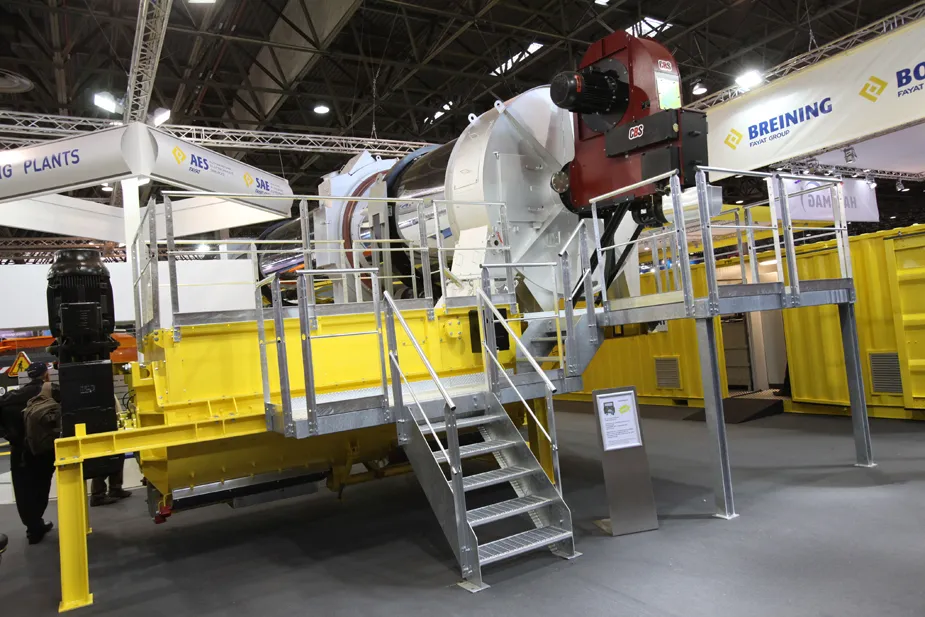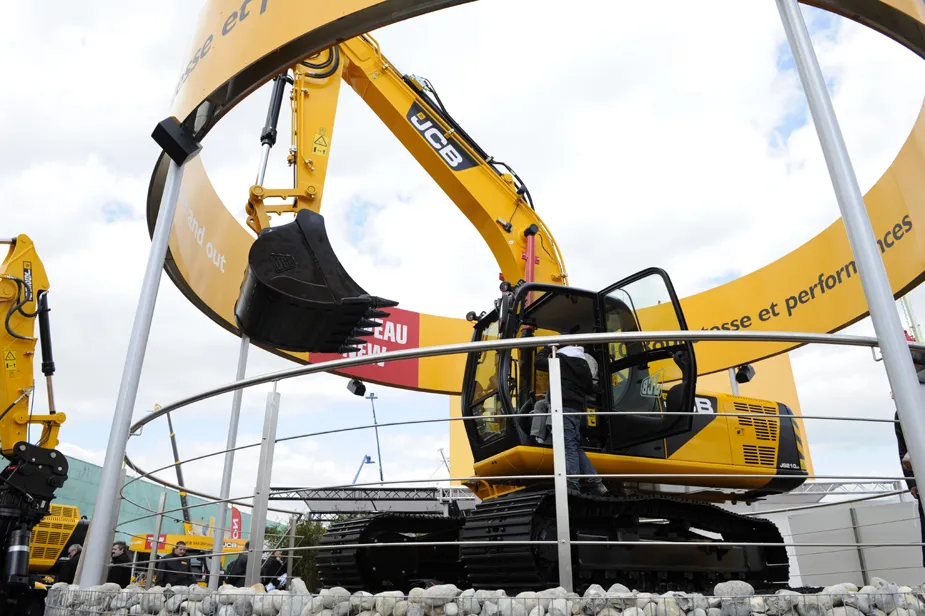Caterpillar claims it can boost compaction efficiency for contractors with its new machine drive power (MDP) package. This innovative machine-integrated soil compaction measurement technology has been tested by contractors at several jobsites around the world and is now coming to market. The MDP package is one part of an intelligent compaction (IC) offering from the firm.
January 17, 2014
Read time: 2 mins

MDP is a proprietary technology developed by Caterpillar and can be used on all soil types, allowing a compactor to act as a proof roller, even when not vibrating. It increases efficiency by eliminating the need for multiple passes while ensuring compaction is uniform and to specification. This uniformity prevents weak areas from failing.
The testing has gone beyond the US, with demonstrations being completed in Germany, France, Sweden and Netherlands. The system is also said to improve productivity as well as uniformity, reducing the number of passes needed from eight, to two or three in some tests. Meanwhile the trials also show that density targets can be achieved in fewer passes. Reducing passes lowers fuel consumption, machine wear and labour costs. In the past contractors have had to rely on method specs, such as requiring eight passes, to ensure the compacted area can bear necessary load. But IC and MDP technology means that the number of passes can be lowered. This boosts quality as unnecessary passes can harm the surface, as well as lowering the time required to carry out a job. According to Caterpillar, IC and MDP measurements are now being considered in other corners, with state and federal transportation officials taking a closer look at this technology.
%$Linker:







